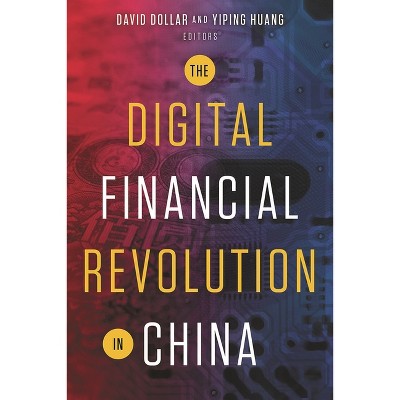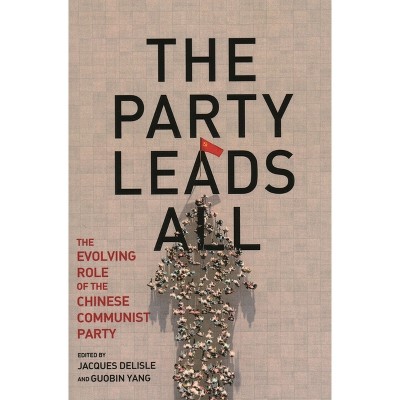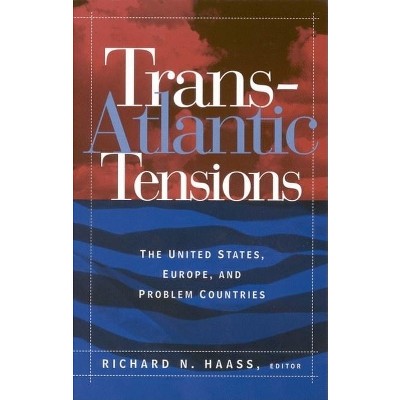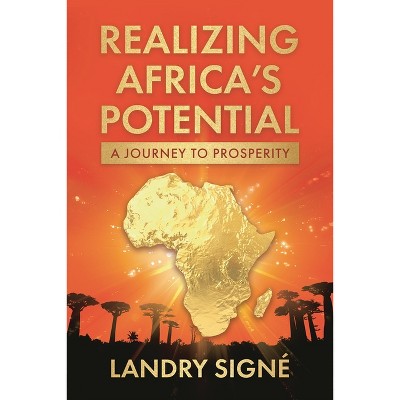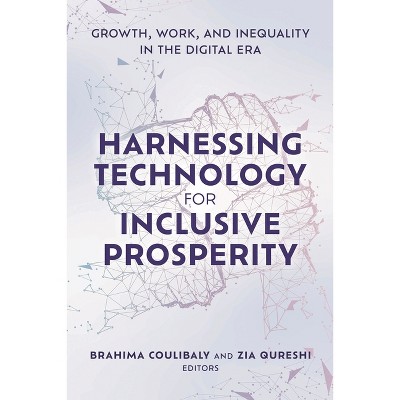China 2049 - by David Dollar & Yiping Huang & Yang Yao (Paperback)

About this item
Highlights
- How will China reform its economy as it aspires to become the next economic superpower?This book provides unique insights into independent analyses and policy recommendations by a group of top Chinese and American scholars.
- About the Author: David Dollar is a senior fellow in the China Center at the Brookings Institution.
- 442 Pages
- Political Science, Political Economy
Description
About the Book
How will China reform its economy as it aspires to become the next economic superpower? This book provides unique insights into independent analyses and policy recommendations by a group of top Chinese and American scholars. Whether China succeeds or fails in economic reform ...Book Synopsis
How will China reform its economy as it aspires to become the next economic superpower?
This book provides unique insights into independent analyses and policy recommendations by a group of top Chinese and American scholars. Whether China succeeds or fails in economic reform will have a large impact, not just on China's development, but also on stability and prosperity for the whole world.
From the Back Cover
China is on track to be the world's next economic superpower, but it faces tremendous challenges, including a need to foster innovation, a rapidly aging population, and a global environment skeptical of a more powerful People's Republic.
This book is the result of a collaborative effort among economists from China's Peking University and the Brookings Institution. It offers in-depth analyses of these challenges and explores a number of essential questions. Does China have enough talent and the right policy and institutional mix to transition from an input-driven to innovation-driven economy?
What does an aging population mean for the country in terms of labor supply, consumption demand, and social welfare expenditures? Can China contain environmental and climate change risks? How should the financial system be transformed in order to continuously support economic growth and keep financial risks under control?
The contributors also consider the roles state-owned enterprises play in the future Chinese economy, how technological competition between the United States and China will affect each country's development, China's future role in the international monetary system, and whether the United States and other established powers will accept a growing role for China and the rest of the developing world in the governance of global institutions such as the World Trade Organization and the International Monetary Fund.
China 2049 provides unique insights and independent analyses and policy recommendations from a group of top Chinese and U.S. scholars. Whether China succeeds or fails in economic reform as it moves toward the 100th anniversary of the Chinese Communist Revolution will have a large impact on not only China's development, but also the stability and prosperity of the whole world.
Review Quotes
"China 2049 provides a comprehensive overview and analysis of China's growth experience since opening up. It is a useful contribution to the literature on China's economy."--Yukon Huang, senior fellow, Carnegie Asia Program
About the Author
David Dollar is a senior fellow in the China Center at the Brookings Institution. Previously he was U.S. Treasury's economic and financial emissary to China and World Bank Country Director for China.Yiping Huang is Jinguang Chair Professor of Economics and Finance at the National School of Development, and Director of the Institute of Digital Finance, Peking University. He was a former member of the People's Bank of China's Monetary Policy Committee. His current research interests include financial reform and fintech.Yang Yao is a Cheung-Kong Scholar and Boya Chair professor at the China Center for Economic Research (CCER) and the National School of Development (NSD), Peking University. He currently serves as the director of CCER, and the dean of NSD. His research interests include economic transition and development in China.





